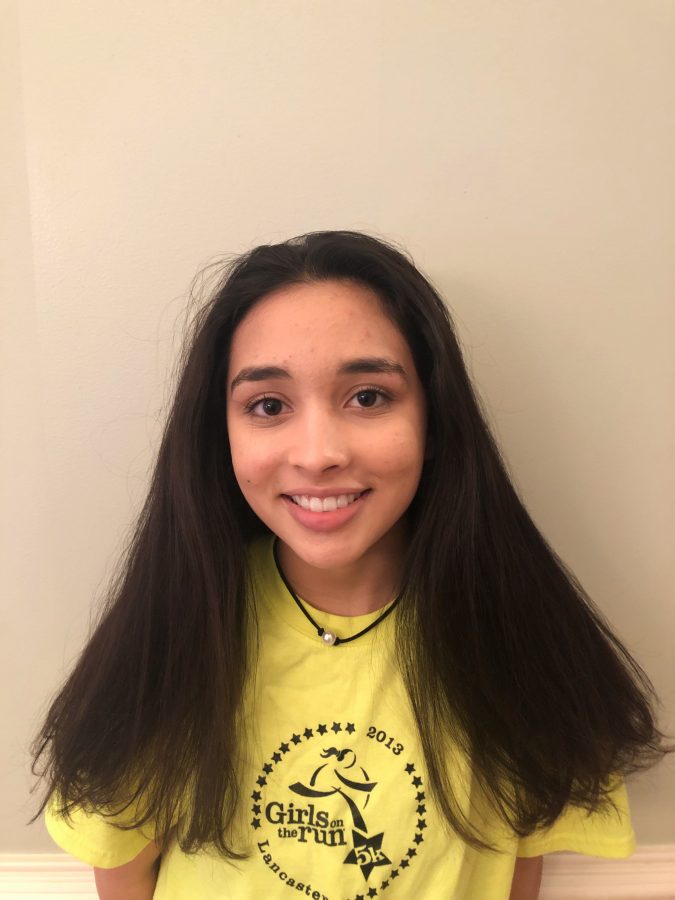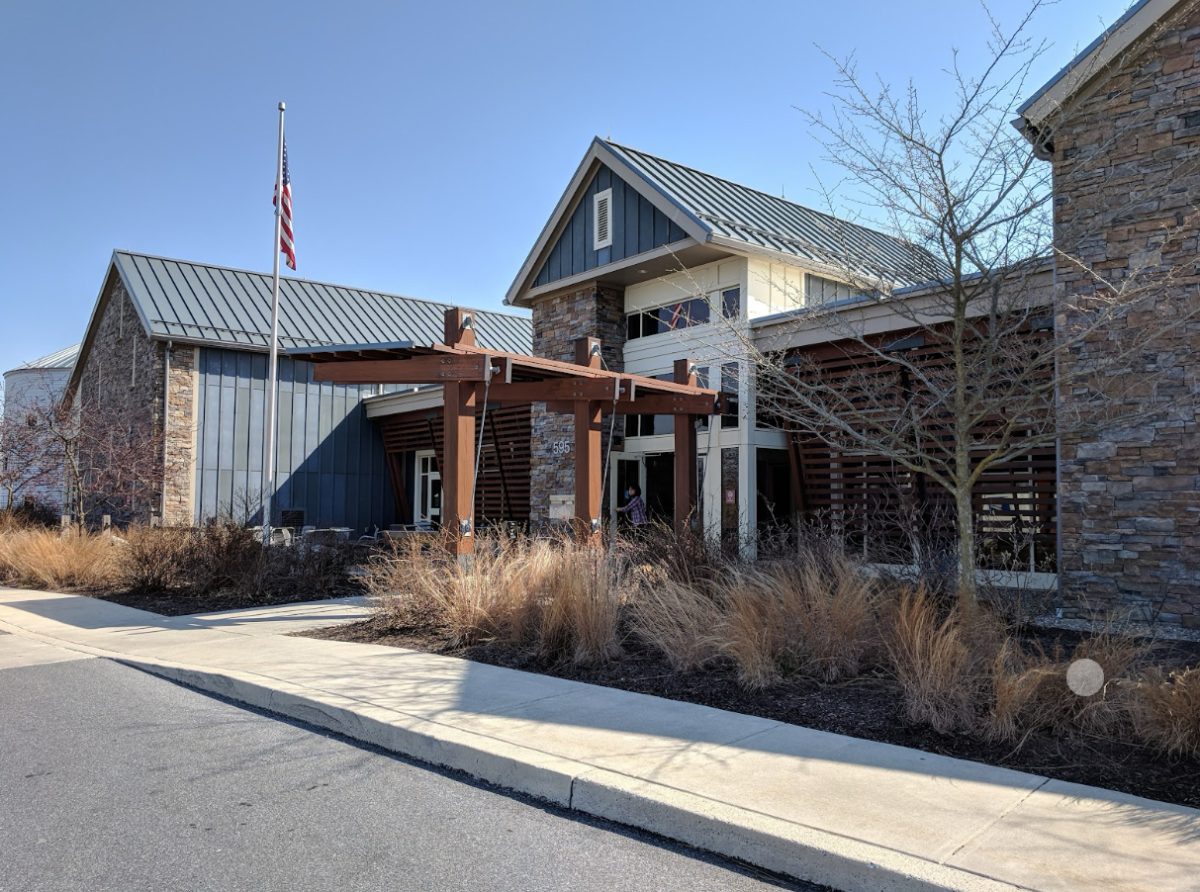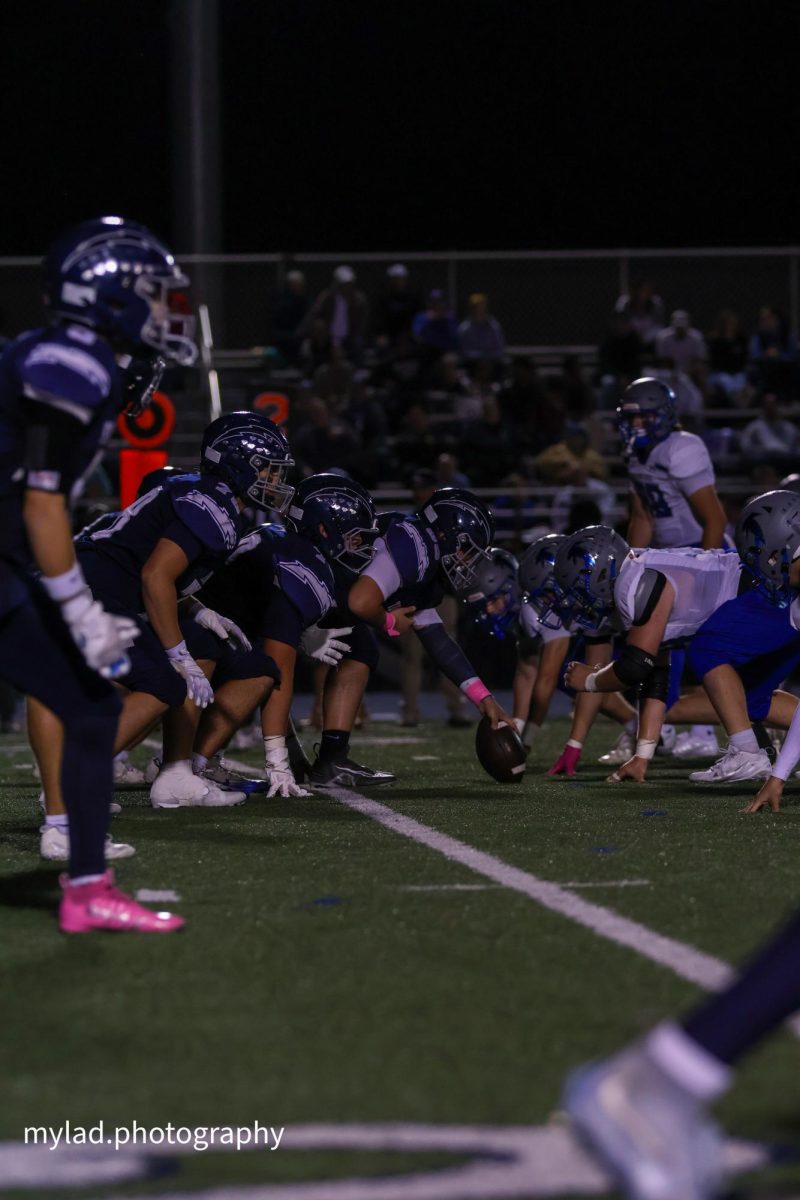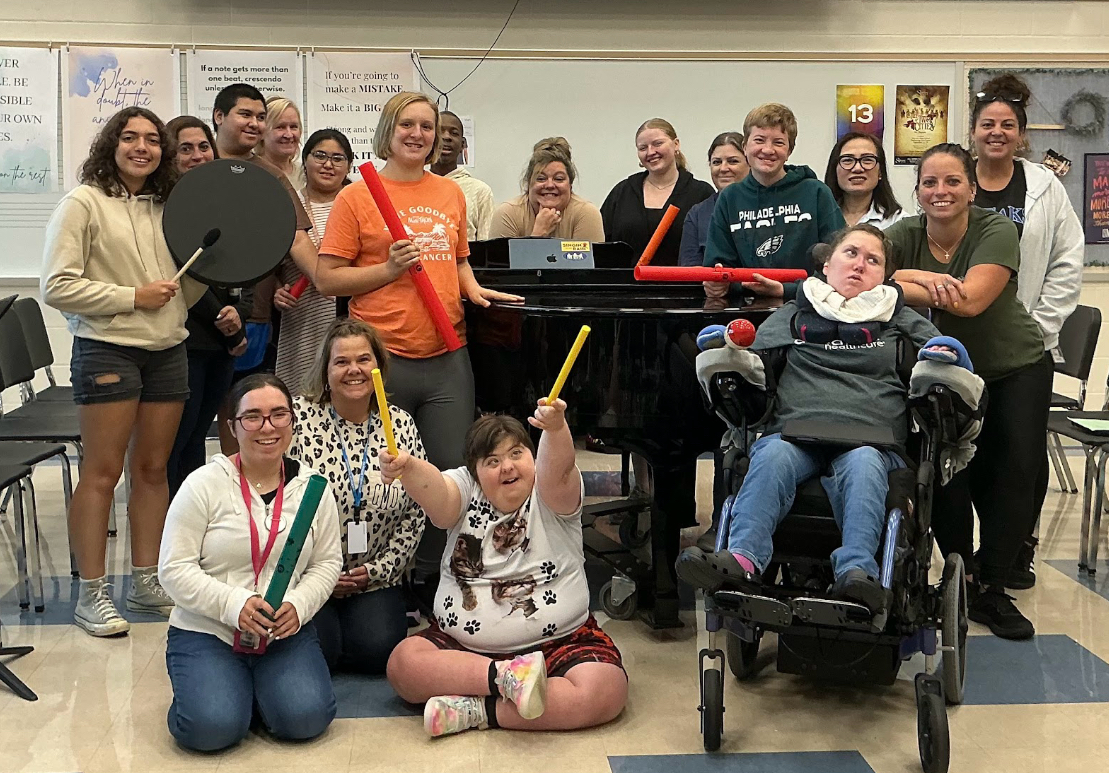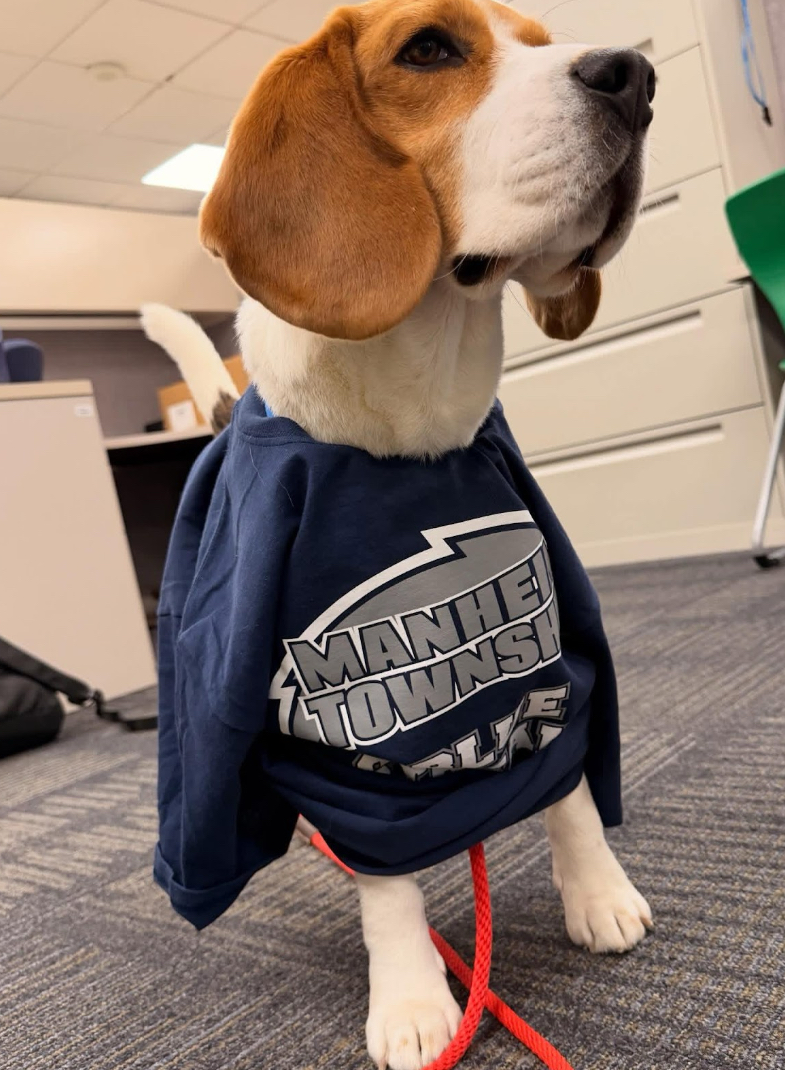The societal issue of media illiteracy
May 11, 2019
Anisha won first place for this article in Celebration 225: The LNP/LancasterOnline Journalism and Design an Ad Contest.
We live in an era with information available at our fingertips. Whether it be via smartphone, tablet, or laptop, different news sources can be accessed in a matter of seconds. The rapid increase in news consumption and production, however, comes with a serious cost- media illiteracy.
Under the First Amendment, people hold the right to freedom of expression, allowing them to post on these outlets, regardless of the validity of their claims. This often leads to consumers believing in inaccurate sources. These consumers, however, lack basic knowledge on how to properly evaluate their sources.
The purpose of media literacy is to equip readers with skills to understand and assess the credibility of the media they consume. Media literacy is not communicated well enough to audiences, but readers need to know how to identify and evaluate credible sources to become better equipped with the media they consume.
In order for readers to become more media literate, they must diversify news sources for consumption. If consumers allow themselves access to a variety of sources, they reduce risks of encountering individual bias from particular news outlets and improve skills on distinguishing credibility. Additionally, audiences need to reduce confirmation bias. Readers can possess preconceived notions of facts, tending to search for articles confirming their beliefs, rather than ones that supply unbiased truth. Therefore, when searching for information, readers must do so in an objective manner. Integrating media literacy into school curriculum will provide students with better insight when evaluating sources, ultimately resulting in a more media literate society.
Students are our future, and if teenagers can become properly educated on source evaluation, future readers will be able to better distinguish accurate from fake news, making consumers better equipped to engage in our society.


